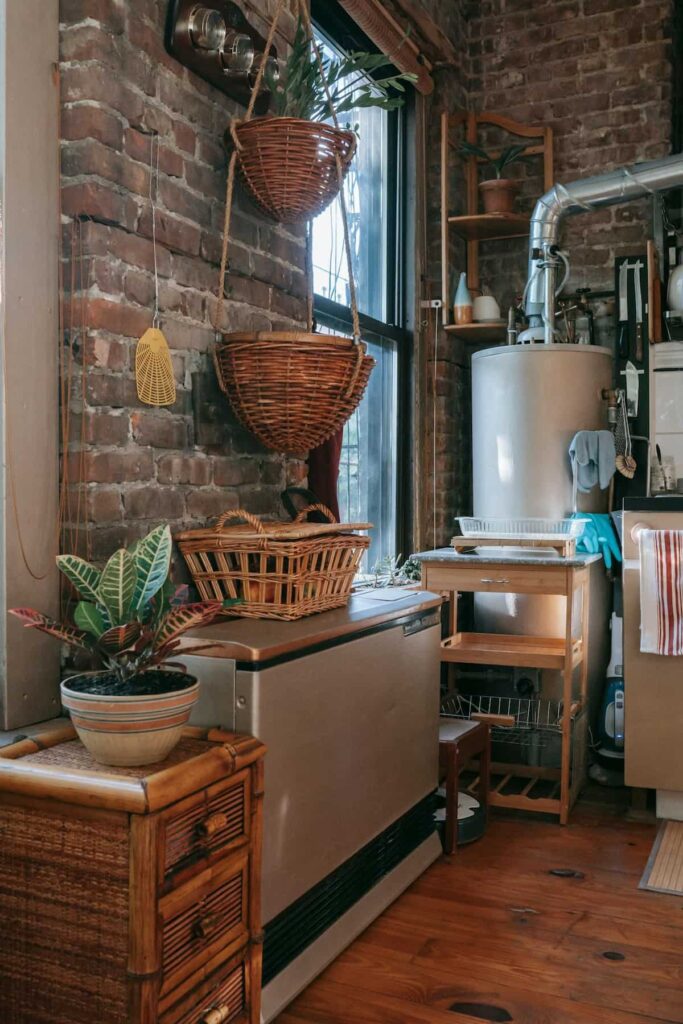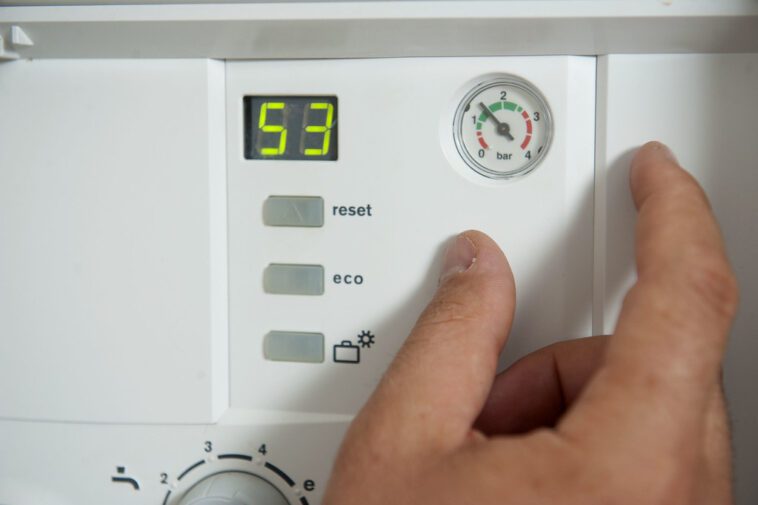In the pursuit of reducing our carbon footprint and supporting a more sustainable future, many homeowners in the UK are turning their attention to eco-friendly heating solutions. Among these, green boilers represent a significant step forward in environmentally conscious home heating. This article delves into the various types of green boilers available on the market, their benefits, and how they compare in terms of efficiency and cost-effectiveness.
The Shift Towards Green Heating
As the world becomes increasingly aware of the environmental impact of traditional fossil fuels, the shift towards green heating solutions is gaining momentum. Green boilers are at the forefront of this shift, offering a way to heat your home efficiently while minimising emissions. These innovative heating solutions use renewable energy sources such as biomass, solar energy, and heat pumps, marking a departure from conventional gas or oil boilers.
Understanding the Cost Dynamics
When considering the transition to a green boiler, homeowners often have concerns about the initial investment and ongoing expenses. In particular, combi boiler costs, which represent a popular choice for their efficiency in heating and hot water production, can vary significantly based on the green technology used.
While the upfront cost of a green combi boiler might be higher than that of a traditional system, the long-term savings on energy bills and the potential for government incentives can make it a financially viable option. Moreover, the environmental benefits of reducing your carbon footprint can outweigh the initial expense, making it a worthwhile investment for the eco-conscious homeowner.
Types of Green Boilers
Biomass Boilers
Biomass boilers are a sustainable option that burn organic materials, such as wood pellets, logs, or chips, to provide heating and hot water. They are a carbon-neutral option since the CO2 released during combustion is equivalent to the CO2 absorbed by the plants during their growth. This cycle of renewal makes biomass boilers an attractive option for those looking to reduce their environmental impact.
Solar Thermal Systems
Solar thermal systems use solar panels to collect and convert sunlight into heat, which is then used to warm up water for home heating and domestic use. Although the initial setup cost can be high, solar thermal systems can significantly reduce your reliance on external energy sources, leading to lower utility bills and a smaller carbon footprint.
Heat Pumps
Heat pumps are another eco-friendly boiler alternative, working by extracting heat from the air, ground, or water outside your home and using it to heat your interior space. Air source and ground source heat pumps are the most common types, with each offering unique benefits and considerations in terms of installation and operational efficiency.
Navigating the Green Transition
Choosing the right green boiler for your home involves considering several factors, including your property’s size, location, and insulation quality. It’s also important to research available government grants and incentives that can help offset the initial cost of installation. Professional advice from a qualified heating engineer can provide valuable insights into the most suitable options for your specific needs.
A Greener Horizon
The journey towards a more sustainable and environmentally friendly home heating system is both a personal and collective step towards mitigating climate change. By embracing green boiler technologies, homeowners can enjoy the dual benefits of reducing their environmental impact and saving on energy costs in the long run. This transition not only supports the health of our planet but also paves the way for a greener, more sustainable future in home heating.
The choice to switch to a green boiler is more than just an upgrade—it’s a commitment to a healthier planet and a sustainable lifestyle. As we move forward, the adoption of green heating solutions like biomass boilers, solar thermal systems, and heat pumps will play a pivotal role in shaping a more eco-conscious world. Let’s embrace these technologies with open arms, knowing that each step we take is a stride towards a brighter, greener horizon.

Frequently Asked Questions
What are green boilers?
Green boilers are heating systems designed to provide energy-efficient, environmentally friendly heat by utilising renewable energy sources or highly efficient fuels. Unlike traditional boilers, they emit lower levels of greenhouse gases, making them a more sustainable option for heating homes and buildings.
Why should I consider installing a green boiler?
Installing a green boiler can significantly reduce your carbon footprint by minimising greenhouse gas emissions. Moreover, these boilers often come with lower operational costs due to their higher efficiency and the use of cheaper, renewable energy sources. They can also provide long-term savings and may qualify for government incentives or rebates.
What types of green boilers are available?
There are several types of green boilers, including:
- Biomass boilers that burn organic material, like wood pellets or chips.
- Condensing boilers that capture and reuse heat from exhaust gases.
- Heat pumps (air source and ground source) that extract heat from the air or ground.
- Solar thermal systems that use panels to collect solar energy to heat water.
How do green boilers compare to traditional heating systems in terms of cost and efficiency?
Green boilers often have a higher initial cost than traditional boilers due to the technology and installation requirements. However, they are more energy-efficient and utilise cheaper or renewable energy sources, which can lead to significant savings on energy bills over time. The exact savings and efficiency gains depend on the type of green boiler, the size of your home, and your specific heating needs.
Are there any government incentives for installing a green boiler?
Many countries offer government incentives, rebates, or tax credits for installing eco-friendly heating systems, including green boilers. These incentives aim to encourage the adoption of renewable energy and energy-efficient technologies. The availability and specifics of these incentives vary by location, so it’s important to research the options in your area.
How do I choose the right green boiler for my home?
Choosing the right green boiler depends on several factors, including your home’s size, location, insulation, and heating requirements. It’s also important to consider the availability of fuel sources (e.g., biomass availability) and the initial versus long-term costs. Consulting with a heating professional who has experience in eco-friendly solutions can help you make an informed decision.
How can I ensure my green boiler operates efficiently?
Regular maintenance is key to ensuring your green boiler operates at peak efficiency. This includes cleaning, inspecting for damages, and making necessary repairs. Additionally, optimising your home’s insulation and considering smart thermostats can further enhance the efficiency of your green heating system.
Can a green boiler fully replace my existing heating system?
In many cases, yes. Green boilers can be powerful enough to replace existing heating systems entirely. However, the feasibility of this replacement depends on the compatibility of the green boiler with your home’s heating distribution system and whether the chosen technology can meet your heating demands.
Where can I find more information about green boilers and installation services?
To find more information about green boilers and installation services, you can start by researching online, reading industry publications, and consulting with local heating and energy experts. Manufacturer websites and renewable energy forums are also valuable resources for learning about different green boiler options and connecting with professionals.




